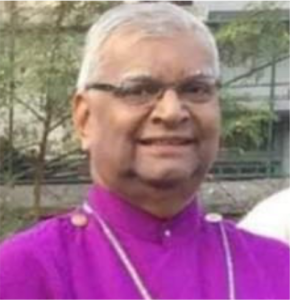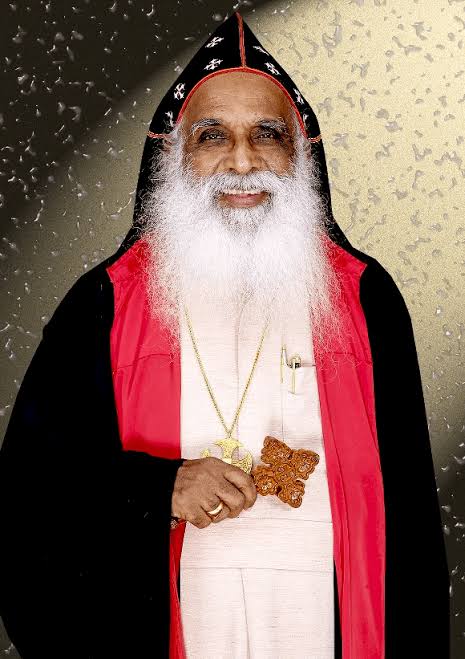Telling the stories of christs and christmases of our times ….
Sparked by the sheep-farmers’ vision of the birth of a new age, and affirmed by the wisdom from the ‘east’, the message of ‘christ-revolution’ comes to us in the birth of the Jesus movement for over 2020 years.
During these 2000 years and more we have also had many such stories – of events and people that have changed history. There have been significant stories in India and outside that have changed the course of debilitating histories and channelled to life.
The movement to abolish trading in human persons for slavery, the uprisings to free people of colour into the mainstream, the many movements to independence and self-governance, birth of the Dravidian movements and that of Neo-Buddhism against the practice of the perpetuation of caste, nationalisation of public assets and services of common good, the upper cloth movement, the abolition of sati, right down to the victory of the farmers over the farm laws, are only some of the many shining examples of christmases of our times that brought good news, new life and hope to many.
History abounds with stories of liberators who have to be celebrated. There are also many such people that are branded and banished – all because of their professed conviction and stand on the side of the excluded and against perpetuation of hegemonic oppressive structures for organised individual and corporate loot of public wealth and resources.
This Christmas, even as we celebrate Jesus the Christ, let us remember, acknowledge and celebrate the christs and christmases of our times in order that we and our posterity will have contemporaneous memories to cherish and the power to create moments of celebration of life – the life that is made vulnerable and laid bare by the ongoing pandemic of our times.
Wish you a meaningful and memorable Christmastide. Let Hope prevail in us through every day of the New Year both through the pandemic and beyond.
Rev. Asir Ebenezer
General Secretary, NCCI





